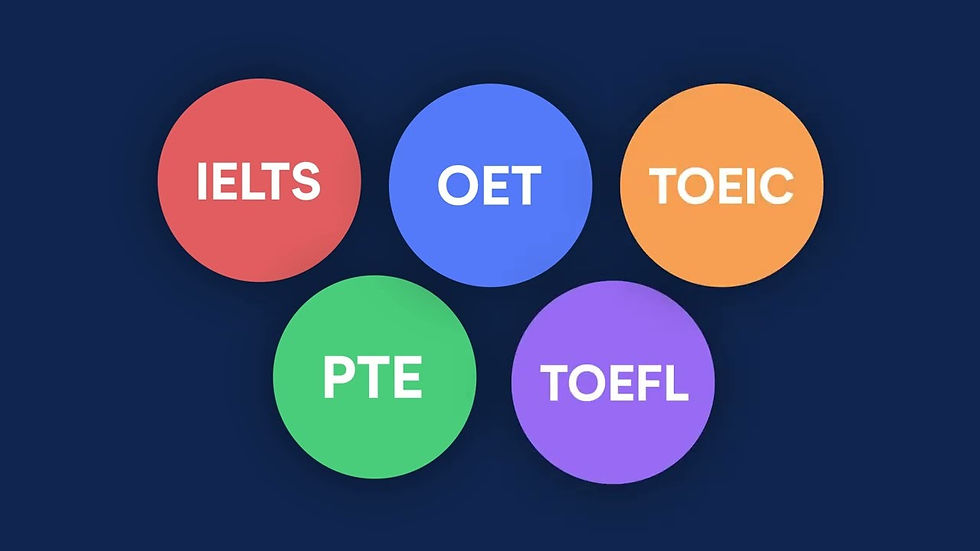- holly1445
- Jul 28, 2025
- 3 min read
Updated: Jul 30, 2025
As an international student studying marketing in Sydney, I had never considered Early Childhood Education (ECE) as one of my study choices. Until I attended iae GLOBAL's latest event, I realised how many more career and migration opportunities this degree could open up to me.
At the event, I had the chance to speak directly with representatives from some of Australia’s top universities and learn how Early Childhood Education (ECE) programs offer far more than just a qualification.
In this blog, I’ll share the key insights I learned — and why you might want to consider ECE for your future, too.

Why Early Childhood Education (ECE)?
Do you know that to meet the current demand, Australia needs more than 20,000 qualified early childhood educators? That makes this field a major opportunity, especially if you're thinking about staying in Australia after graduation. Studying ECE can earn you extra points toward your migration application.
And it’s not just about teaching young kids. This degree also allows you to experience many other interesting occupations, such as an ethical leader, a theoretical or practical leader.
TOP AUSTRALIAN UNIVERSITIES THAT PARTICIPATED

TALKING TO THE SCHOOLS: WHAT MAKES EARLY CHILDHOOD EDUCATION STAND OUT?

Do I still need English Tests?
This was one of the most common questions, especially for students who’ve already studied in Australia.
The answer? It depends.
Most universities won’t make you retake IELTS or PTE if you’ve completed a degree in Australia. However, policies can vary between institutions. That’s why it’s best to check with an education agent like iae GLOBAL to confirm your specific case.
Read More About The Entry Requirements Here
Do I need a teaching background?

“NO, YOU DON’T NEED” - this is the answer I got from all of the universities I talked to.
There’s no need for any teaching qualifications or certificates to start a Graduate Diploma or Master of Early Childhood Education. Even with my marketing background, I can apply directly to these programs.
Paid vs Unpaid Placements - How does it work?
Most Early Childhood programs include practical placements in learning centres, with a period from 70 days to 90 days. Typically, these placements are unpaid because they are a compulsory part of the degree. The good news is that all schools guarantee to help you find a placement and suggest a suitable workplace. Some highlights:
Strong support for finding local placements | Large partner network | Dedicated team to help find placements | |
Victoria University | ✅ | ✅ | |
Southern Cross University (SCU) | ✅ | ||
Deakin University | ✅ | ||
The University of Sydney | ✅ | ✅ | |
Australian Catholic University (ACU) | ✅ |
Some centres do offer paid work opportunities during your course, but this is not guaranteed.
Career & Migration Insights
This was the part that sealed the deal for me. An Early Childhood Education qualification in Australia opens doors not only to a meaningful career but also to pathways for permanent residency. Graduates can access PR-friendly visas like:
Temporary Graduate Visa (subclass 485)
Skilled Independent Visa (subclass 189)
Skilled Nominated Visa (subclass 190)
Bonus tip: If you’re open to working in regional areas, you could gain even more migration points due to high demand for educators in those regions.

What’s Next?
Whether you’re still exploring options or already planning your future in Australia, iae GLOBAL is here to help.
Book a free consultation with our expert counsellors and migration agent
Visit our website or follow us on socials for real student stories, migration tips & more
Let us guide you from course selection to visa and everything in between.
Find out more at: www.iaeglobal.com.au
Follow us for more events: Instagram
Contact us: info@iaeglobal.com.au
Call: (02) 9267 5252



Comments